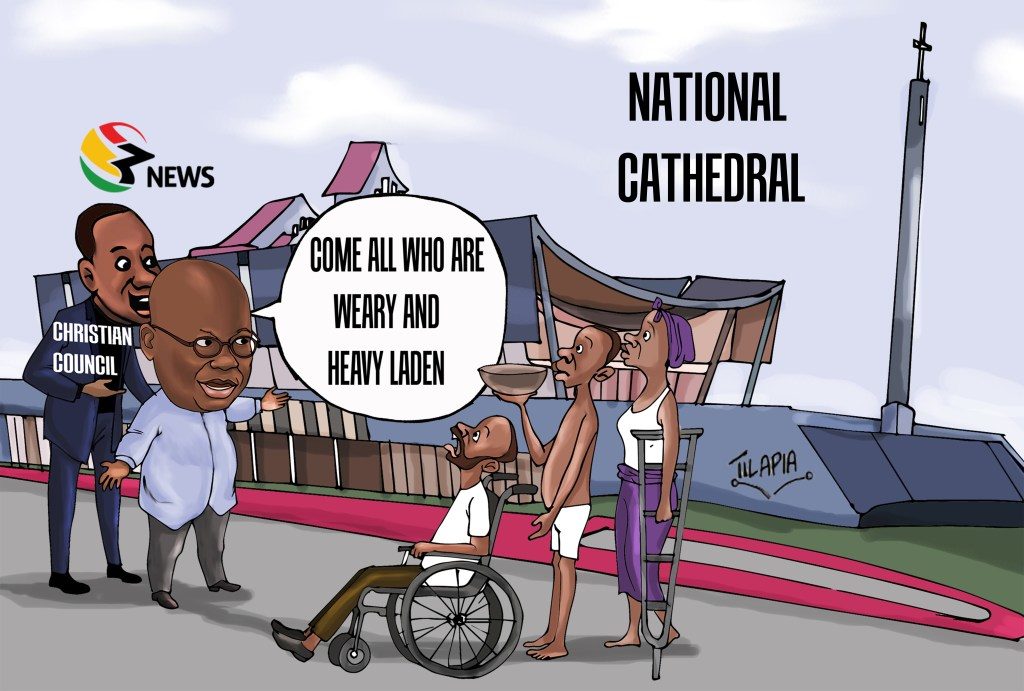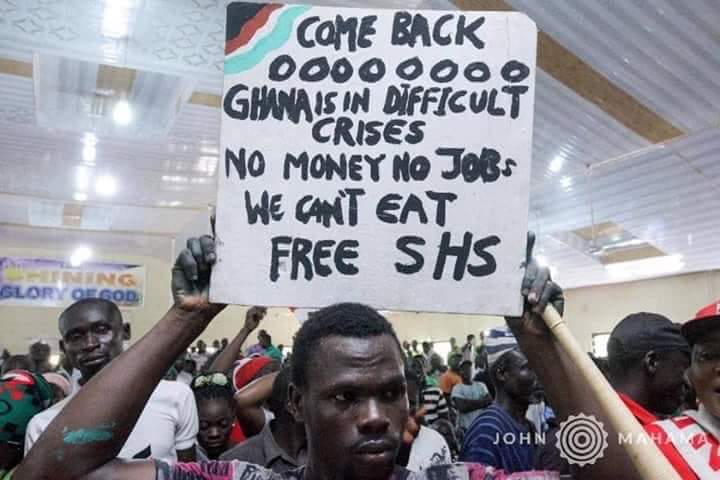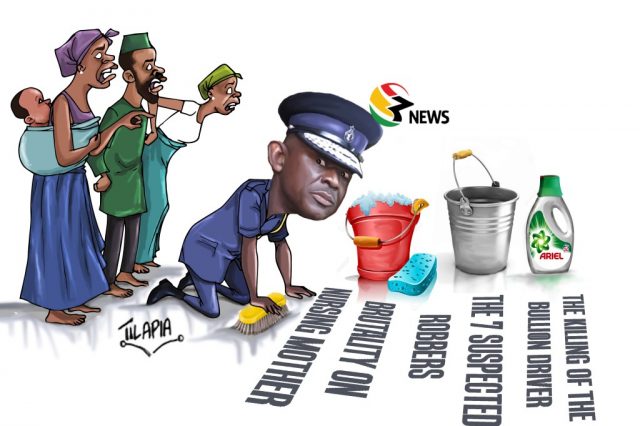
Photo credit: Tilapia
Public Debates in Ghana and the “It-Does-Not-Put-Food-on-the-Table” Narrative
If you are like me with the somewhat high moral pretension that there is a definitely strong linkage between a people’s choice of diction and their perceptions of socio-political life, you’ll probably notice that much of our national discourse on other-than-bread-and-butter issues tend to be reduced to “Well, how does this even put food on my table?” While such reduction in importance of very serious issues is understandably legitimate given the economic challenges we face, this manner of treating any concern potentially narrows the benefits we stand to derive from discussions of issues of national importance. The result is that we might actually be limiting our options in terms of the range of issues to which we have the capacity to find solutions. But first, some context. Two events within the last couple of months would suffice to adequately support the matters of which I speak: the brouhaha over the naming of the seat of government and the national outcry in the wake of the government’s decision to build a national cathedral. Like many people, I was justifiably outraged at the Government of Ghana’s announcement in March 2018 that it intended to have a National Cathedral built. The prevailing challenges we face rightly exacerbated the criticism of the government as many thought that the decision to build a cathedral at this time was a misplaced priority. Having more thoroughly considered the issue, however, it seems to me that while we may be justified in insisting that solutions to our problems be prioritized, it may not be out of place to call for attention to other facets of our national life that could serve other useful purposes. Perhaps the religious underpinnings of the project and the suspicion that Government of Ghana would fund it contributed to the fierce resistance. Amidst our economic woes, the question of funding is certainly in order and must not be trivialized. But, if, as this report suggests, the Cathedral is indeed intended to serve the additional multiple purposes of an auditorium, art gallery, music school, and documentation center, then the conversation ought to move beyond an it-does-not-put-food-on-our-table dimension to a more nuanced consideration of what role its construction might play in the grand scheme of our national life. Such conversation could usefully go hand in glove with discussions of questions of funding. It is in this spirit that I agree with Princeton art historian Chika Okeke-Agulu that this kind of preclusion of other-than-bread-and-butter issues from African national discourses is redolent of colonial governments’ reasons to not develop higher education in the British colonies because people were poor. As the colonial governments reasoned, there was no need to build a university for people who were poor; what poor people need is food—and by extension, nothing more! Of course, not all nationalist leaders of the time uncritically accepted this narrative. Even in what might seem as a misplaced priority at the time, some fought for the establishment of the University College of the Gold Coast in 1948! It is we who, today, enjoy the benefit of that decision. Besides the National Cathedral, the contention in the aftermath of the NPP’s decision to rename the seat of government as Jubilee House typifies the attitude of which I speak. Much of the discourse surrounding this debate had revolved around the fact that there were pressing national issues that should engage our attention rather than an exercise and debate that, as many again saw it, “does not put food on our table.” The age-old question arises: What’s in a name? Should it matter that we call it Jubilee House or Flagstaff House? Should one say iced hibiscus tea or sobolo? Indeed, should we care three hoots that it is called gari, or grated cassava flakes? To be sure, concerns about priorities are legitimate particularly within our national context where access to the necessaries of life is often limited for the severely disadvantaged. These concerns should definitely occupy the top of our priorities. There is no reason, however, that we cannot simultaneously have other important conversations alongside those of bread and butter. The notion that every discourse has to add to our GDP limits our capacity to address crucial national issues that border on our sense of self, identity, and, of course, development. If our development is to be holistic, we cannot continue to proceed on the premise that some conversations cannot meaningfully be had because they do not contribute to the GDP or as we say, “put money in our pockets.” In taking all of this tack, I do not mean to suggest that our priorities have to be misaligned. What I am arguing is that even as our national discourse pays attention to what we choose is important to us, we should not lose sight of aspects of our national consciousness that shape our self-esteem, self-determination, and pride. Not all conversations must serve the economy. While they may not put food on the table or money in the pocket, debates such as those over renaming the seat of government, and conversations about whether or not to build a multipurpose National Cathedral are just as important as those of bread and butter and should be given serious consideration on their own terms in our national discourse.

by Stephen Dadugblor
Doctoral Student, Rhetoric, The University of Texas at Austin





